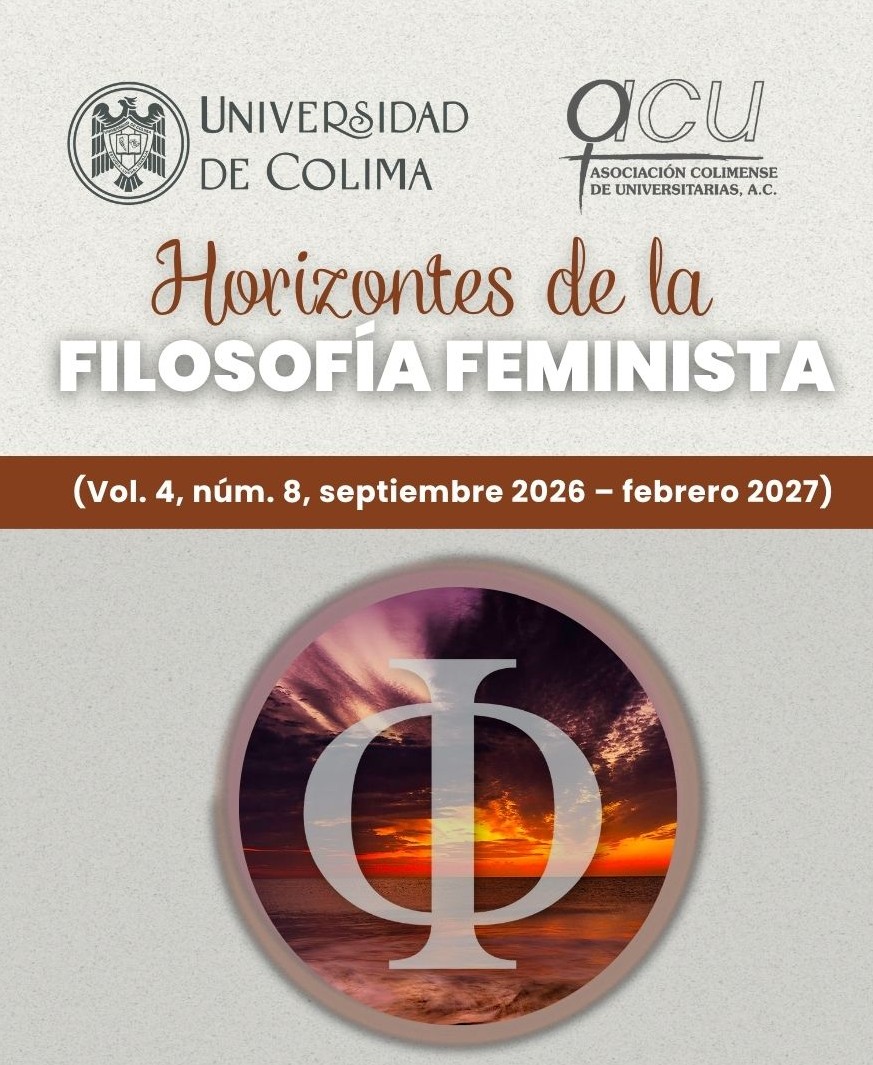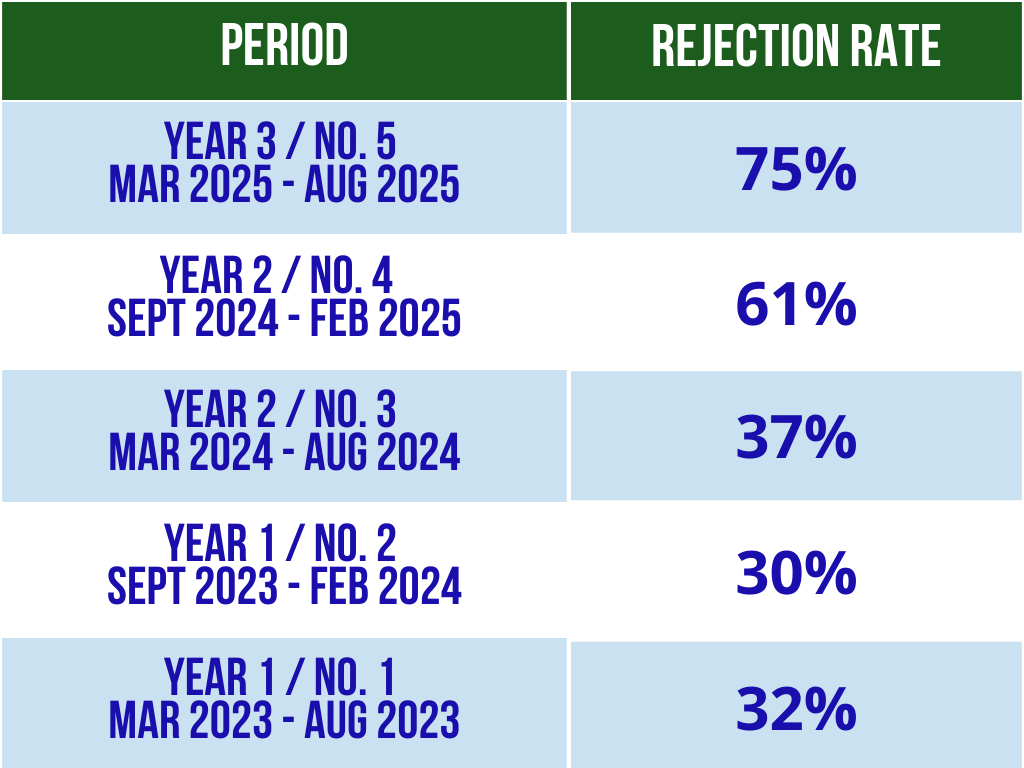Bullying and sexual harassment:
a conceptual revision in the #MeToo era
Keywords:
bullying, sexual harassment, #MeToo movement, sexuality, feminismAbstract
The problem with harassment and sexual harassment is marked by gender. The social movement in networks #MeToo has managed to overturn the public debate to practices of silencing and oppression of female whistleblowers in a relatively short time. However, it has also evidenced the lack of conceptual clarity on the terms bullying and harassment and how their relationship with structural forms of gender violence is understood. This article provides an overview of how the #MeToo movement originated and its implications for the feminist debate. Based on a review of the journalistic works that sparked the
movement and of the academic literature on sexual harassment and harassment, the paper 1) shows the multiple uses that are made of these terms, 2) examines the conceptual confusions inherent in terminology in different languages, 3) gives an account of how, from the eighties, a remarkable production of academic works dedicated to the subject began, driven by feminist reflection and the commitment to conceptualizing practices
that seek to keep women and feminized subjects in situations of subordination and 4) it reviews feminist positions that problematize the weight that sexuality has in discourses on violence against women.
Downloads
Metrics
References
Amorós, C. (1998). La política, las mujeres y lo iniciático. En: Debate Feminista, 17 (9), pp. 195-210.
Anderson, S. A. (2005). Sex under pressure: jerks, boorish behavior, and gender hierarchy. En: Res Publica, (4), pp. 349-369.
Bonavitta, P.; De Garay, J.; y Camacho, J. E. (2015). Mujeres, feminismos y redes sociales: acceso, censura y potencialización. En: Question (48), pp. 33-44.
Brooks, R. E. (1999). Dignity and Discrimination: Toward a Pluralistic Understanding of Workplace Harassment. En: Georgetown Law Journal, 88 (1), pp. 1-64.
Chaparro, A. (2018). Subordinación y silencio: sobre la libertad de expresión y la igualdad de las mujeres. En: T. González y J. Rodríguez (eds.), El prejuicio y la palabra: los derechos a la libre expresión y a la no discriminación en contraste (pp. 283-308). México: SEGOB / Cátedra UNESCO / RINDIS / CONAPRED / IIJ UNAM.
Gewirtz, P. (1996). I Know It When I See It. En: The Yale Law Journal, 105 (4), pp. 1023-1047.
Hirigoyen, M. F. (2013). El acoso moral en el trabajo. Distinguir lo verdadero de lo falso. Barcelona, España: Paidós.
Hébert, L. C. (2018). Is ‘Me Too’ only a social movement or a legal movement too? En: Employee Rights y Employment Policy Journal, 22 (2), pp. 321-336.
Kantor, J.; Twohey, M. (2019). She said. Breaking the sexual harassment story that helped ignite a movement. New York, EE. UU.: Penguin Press.
Lamas, M. (2018). Acoso. ¿Denuncia legítima o victimización? México: Fondo de Cultura Económica.
Langton, R. (1993). Speech Acts and Unspeakable Acts. En: Philosophy & Public Affairs, 22 (4), pp. 293-330.
MacKinnon, C. A. (1979). Sexual Harassment of Working Women: A Case of Sex Discrimination: New Haven, Conn.: Yale University Press.
Manne, K. (2018). Down Girl. The Logic of Misogyny. New York, EE. UU.: Oxford University Press.
Reed, T. V. (2019). Digitized Lives. Culture, power and social change in the Internet era. New York, EE. UU.: Routledge.
Serret, E. (2011). Hacia una redefinición de las identidades de género. En: GénEros, 9 (2), pp. 71-97.
Torres, M. (2015). Entre el silencio y la impunidad: violencia sexual en escenarios de conflicto. En: Revista de Estudios de Género. La Ventana, 5 (41), pp. 73-112.
Sitios Web:
Ávila, Y. (2019). ¿Cómo surgió el movimiento Me Too y cómo revivió en México? En: Animal Político. Consultado el 27 de marzo de 2019. Disponible en https://www.animalpolitico.com/elsabueso/como-surgio-el-movimiento-me-too-y-como-revivio-en-mexico/.
Biblioteca Digital de la Universidad Nacional Autónoma de México (2019). Acoso sexual. En: Biblioteca Digital UNAM. Consultado el 10 de enero de 2019. Disponible en https://bidi.unam.mx.
Civil Rights Digital Library (2013). Civil Rights Act of 1964. En: Civil Rights Digital Library. Consultado el 30 de enero de 2019. Disponible en http://crdl.usg.edu/events/civil_rights_act_1964/?Welcome
Código Penal Federal (2017). En: Diario Oficial de la Federación [en línea]. Consultado el 30 de enero de 2019. Disponible en https://www.gob.mx/cms/uploads/attachment/file/235549/Co_digo_Penal_Federal_22_06_2017.pdf
Diccionario de la Real Academia de la Lengua Española (2019). Acosar. En: Diccionario de la Lengua Española [en línea]. Consultado el 27 de marzo de 2019. Disponible en https://dle.rae.es/?w=acosar
Diccionario de la Real Academia de la Lengua Española (2019). Hostigar. En: Diccionario de la Lengua Española [en línea]. Consultado el 27 de marzo de 2019. Disponible en https://dle.rae.es/hostigar?m=form.
Diccionario de la Real Academia de la Lengua Española (2019). Lascivia. En Diccionario de la Lengua Española [en línea]. Consultado el 27 de marzo de 2019. Disponible en https://dle.rae.es/lascivia?m=form
Dictionnaire Larousse (2019). Harceler. En: Dictionnaire Larousse [en línea]. Consultado el 27 de marzo de 2019. Disponible en https://www.larousse.fr/dictionnaires/francais/harceler/39062?q=harceler#38986
Distintas Latitudes (2016). #MiPrimerAcoso: la etiqueta que destapó la cloaca de las agresiones sexuales. En: Distintas Latitudes. Consultado el 30 de enero de 2019. Disponible en https://distintaslatitudes.net/historias/reportaje/miprimeracosola-etiqueta-que-destapo-la-cloaca-de-las-agresiones-sexuales
Farrow, R. (2017). From Aggressive Overtures to Sexual Assault: Harvey Weinstein’s Accusers Tell Their Stories [en línea]. En: The New Yorker, 93, pp. 42-49. Consultado el 10 de diciembre de 2018. Disponible en https://www.newyorker.com/news/news-desk/from-aggressive-overtures-to-sexual-assault-harvey-weinsteins-accusers-tell-their-stories
Hooton, C. (2018). Netflix film crews ‘banned from looking at each other for longer than five seconds’ in #metoo crackdown. En: The Independent. Consultado el 28 de febrero de 2019. Disponible en https://www.independent.co.uk/arts-entertainment/tv/news/netflix-sexual-harassment-training-rules-me-too-flirtingon-set-a8396431.html
Kantor, J., y Twohey, M., (2017). Harvey Weinstein Paid Off Sexual Harassment Accusers for Decades. En: The New York Times. Consultado el 10 de diciembre de 2018. Disponible en https://www.nytimes.com/2017/10/05/us/harvey-weinstein-harassment-allegations.html
Légifrance (2018). Loi n 2018-703 du 3 août 2018 renforçant la lutte contre les violences sexuelles et sexistes. En: Légifrance. Consultado el 30 de enero de 2019. Disponible en https://www.legifrance.gouv.fr/affichTexte.do?cidTexte=JORFTEXT000037284450&categorieLien=id
Ley General de Acceso de las Mujeres a una Vida Libre de Violencia (2007). En: Diario Oficial de la Federación. Consultado el 1 de junio de 2020. Disponible en http://www.diputados.gob.mx/LeyesBiblio/pdf/LGAMVLV_130418.pdf
Ley Federal del Trabajo (2015). En: Diario Oficial de la Federación. Consultado el 30 de enero de 2019. Disponible en https://www.gob.mx/cms/uploads/attachment/file/156203/1044_Ley_Federal_del_Trabajo.pdf
MacKinnon, C. A. (2018). #MeToo Has Done What the Law Could Not. [en línea]. En: The New York Times. Consultado el 28 de febrero de 2019. Disponible en https://www.nytimes.com/2018/02/04/opinion/metoo-law-legal-system.html
Merriam-Webster (2019). Bullying. En: Merriam-Webster. Consultado el 27 de marzo de 2019. Disponible en https://www.merriam-webster.com/dictionary/bullying
Merriam-Webster (2019). Harassment. En: Merriam-Webster. Consultado el 27 de marzo de 2019. Disponible en https://www.merriam-webster.com/dictionary/harassment
Organización de las Naciones Unidas. (2018). La violencia contra las mujeres: el síntoma de una profunda falta de respeto. Consultado 30 de enero de 2019. Disponible en https://news.un.org/es/story/2018/11/1446291
Downloads
Published
How to Cite
Issue
Section
License

This work is licensed under a Creative Commons Attribution-NonCommercial-ShareAlike 4.0 International License.
GénEroos Magazine allows you to share, copy and redistribute the material in any medium or format; adapt, remix, transform and build upon the material, crediting the work appropriately and providing a link to the licence, indicating if changes have been made.








